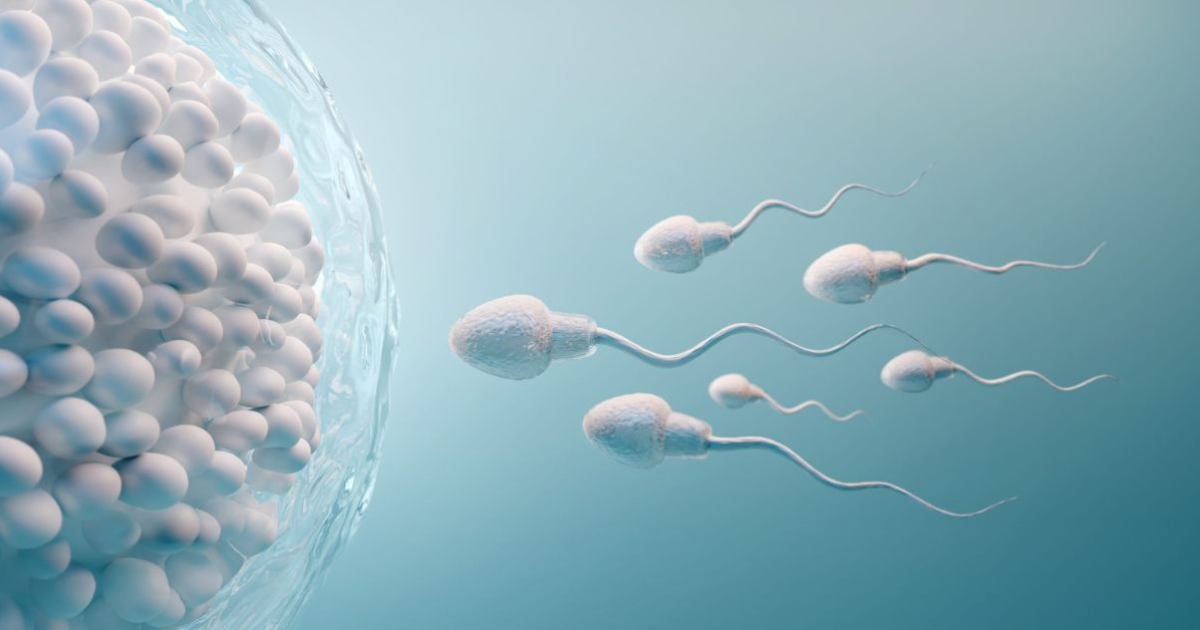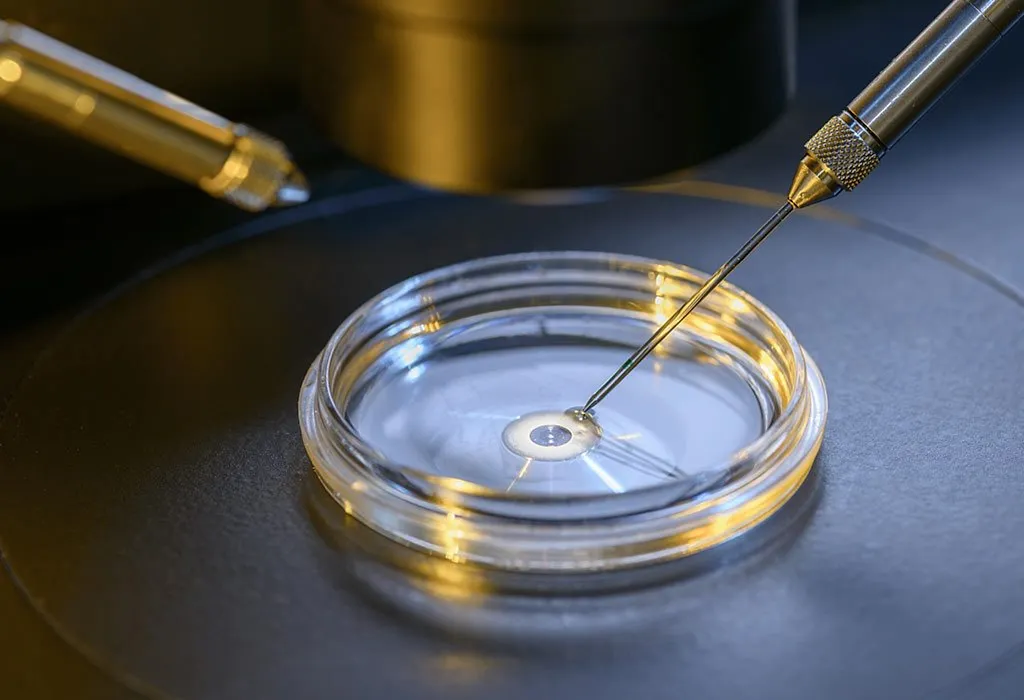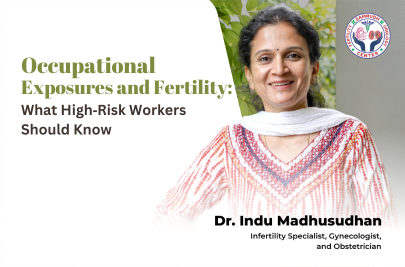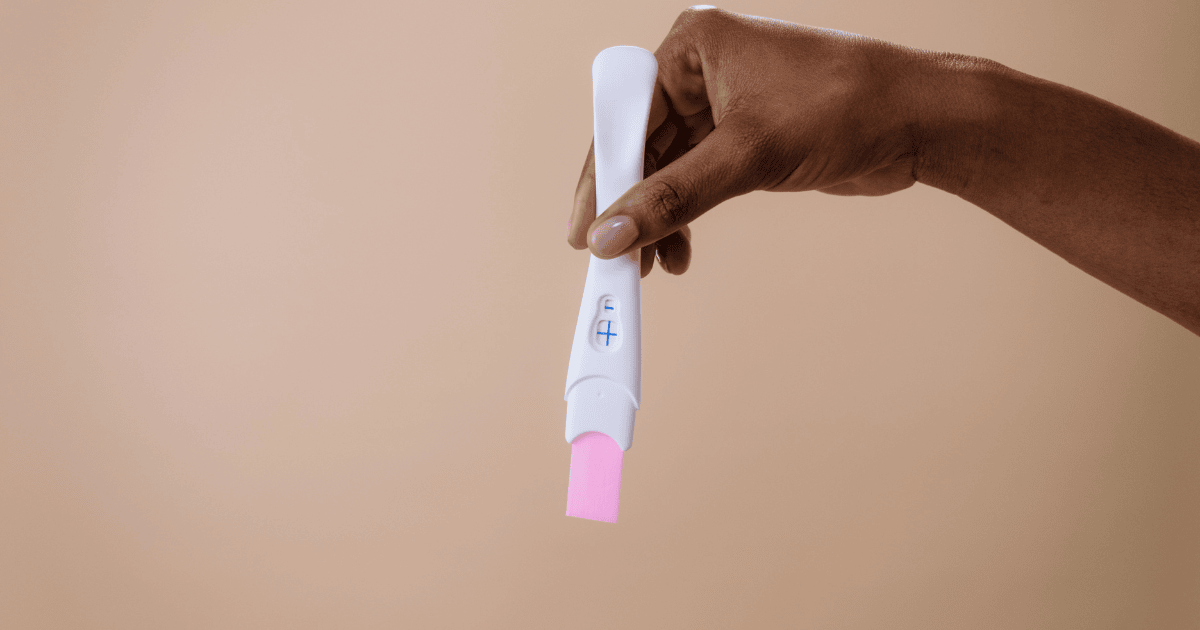In Vitro Fertilization (IVF) is a complex yet rewarding process that assists couples in achieving their dream of parenthood. Understanding the IVF process can help alleviate concerns and prepare prospective parents for each stage. This guide outlines the IVF process step-by-step, ensuring you are informed and ready for your journey.
Step 1: Initial Consultation
The IVF process begins with an initial consultation at Samrudh Fertility Center. During this meeting, your fertility specialist will:
- Review your medical history and any previous fertility treatments.
- Discuss potential causes of infertility and recommend necessary tests.
- Create a personalized treatment plan tailored to your needs.
Step 2: Ovarian Stimulation
Once the initial assessments are complete, the next step is controlled ovarian hyperstimulation (COH). This involves:
- Hormonal Medications: You will receive daily hormone injections to stimulate your ovaries to produce multiple eggs instead of the single egg typically released during a natural cycle. This phase usually lasts about 8 to 14 days.
- Monitoring: Regular ultrasounds and blood tests will be conducted to monitor follicle development and hormone levels.
Step 3: Triggering Ovulation
When your follicles reach the appropriate size, a trigger shot (usually containing human chorionic gonadotropin or hCG) is administered. This injection prompts the final maturation of eggs and prepares them for retrieval, typically scheduled 34-36 hours after the trigger shot.
Step 4: Egg Retrieval
The egg retrieval procedure is performed under sedation to ensure comfort. A thin needle is guided through the vaginal wall using ultrasound imaging to collect eggs from the ovaries. This minor surgical procedure usually takes about 20-30 minutes, and patients can go home shortly after.
Step 5: Fertilization
After retrieval, the mature eggs are fertilized in the laboratory using one of two methods:
- Conventional Insemination: Sperm is added to a dish containing the eggs, allowing natural fertilization.
- Intracytoplasmic Sperm Injection (ICSI): A single sperm is injected directly into an egg, often used when sperm quality is a concern. Fertilization typically occurs within 16-18 hours.
Step 6: Embryo Culture
The fertilized eggs, now called zygotes, are cultured in a controlled environment for several days (usually 3 to 5 days). During this time, embryologists monitor their development and assess their quality. The best embryos are selected for transfer based on their growth and morphology.
Step 7: Embryo Transfer
On the designated day (usually Day 3 or Day 5), one or more healthy embryos are transferred into the uterus using a thin catheter. This simple procedure does not require anesthesia and typically takes less than 10 minutes.
Step 8: Luteal Phase Support
After embryo transfer, you may be prescribed progesterone supplements to support the uterine lining and enhance implantation chances. This phase lasts about two weeks until a pregnancy test can confirm whether implantation was successful.
Conclusion
Understanding the IVF process can empower you as you embark on this journey toward parenthood. At Samrudh Fertility Center, we provide compassionate care and expert guidance every step of the way. If you have questions or are ready to start your IVF journey, contact us today!
FAQs
- How long does the entire IVF process take?
The IVF process can take approximately 4 to 6 weeks from initial consultation to embryo transfer, depending on individual circumstances and treatment protocols. - Is IVF painful?
Most patients experience minimal discomfort during egg retrieval due to sedation. Some may have mild cramping afterward, but significant pain is uncommon. - What are the success rates of IVF?
Success rates vary based on factors like age, health conditions, and previous fertility treatments. Generally, success rates range from 30% to over 60% per cycle. - Are there any risks associated with IVF?
While IVF is generally safe, potential risks include ovarian hyperstimulation syndrome (OHSS), multiple pregnancies, and emotional stress. - Can I choose which embryos to transfer?
Yes, you can discuss with your doctor about transferring one or more embryos based on their quality and your personal preferences.









